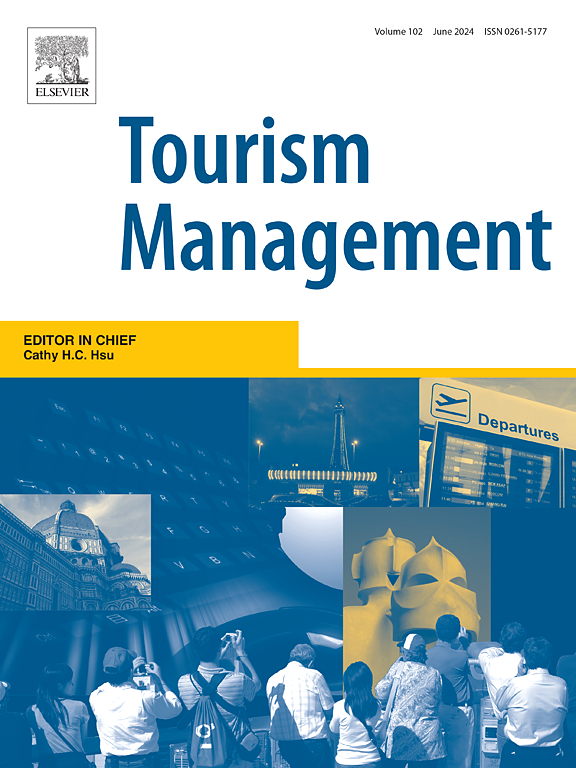老问题,新方法:重新审视举办大型体育赛事的经济影响
IF 12.4
1区 管理学
Q1 ENVIRONMENTAL STUDIES
引用次数: 0
摘要
举办大型体育赛事的经济效益一直备受争议。然而,关于它们对经济活动的总体影响的经验证据仍然不确定,主要是由于方法上的挑战。本研究分析了两个最大的大型体育赛事,夏季奥运会(SOGs)和国际足联世界杯(WC)对国际游客人数、人均GDP、第三产业就业份额和增加值的经济影响。使用1991年至2023年的面板数据集,我们通过动态差中差估计器提供因果估计。考虑到合适的对照组,我们区分了预期效应和遗留效应,考虑了交错治疗时间,并适应了异质性治疗效应。结果表明,对旅游业的预期效应中等,对就业和人均GDP的影响显著,其中国有目标的影响更强。这些发现对举办大型体育赛事的经济后果提供了细致入微的理解,并突出了标准方法的局限性。本文章由计算机程序翻译,如有差异,请以英文原文为准。
Old questions, new methods: Revisiting the economic effects of hosting mega-sport events
The economic benefits of hosting mega-sport events have been widely debated. However, empirical evidence on their overall impact on economic activity remains inconclusive, largely due to methodological challenges. This study analyses the economic impact of the two largest mega-sport events, the Summer Olympic Games (SOGs) and FIFA World Cup (WC), on international tourist arrivals, GDP per capita, and the share of employment and value added in the tertiary sector. Using a panel dataset from 1991 to 2023, we provide causal estimates through dynamic difference-in-differences estimators. Considering suitable control groups, we distinguish between anticipation and legacy effects, account for staggered treatment timing, and accommodate heterogeneous treatment effects. Results indicate moderate anticipatory effects on tourism and notable impacts on employment and GDP per capita, with the SOGs exhibiting a stronger impact. These findings provide a nuanced understanding of the economic consequences of hosting mega-sport events and highlight the limitations of standard approaches.
求助全文
通过发布文献求助,成功后即可免费获取论文全文。
去求助
来源期刊

Tourism Management
Multiple-
CiteScore
24.10
自引率
7.90%
发文量
190
审稿时长
45 days
期刊介绍:
Tourism Management, the preeminent scholarly journal, concentrates on the comprehensive management aspects, encompassing planning and policy, within the realm of travel and tourism. Adopting an interdisciplinary perspective, the journal delves into international, national, and regional tourism, addressing various management challenges. Its content mirrors this integrative approach, featuring primary research articles, progress in tourism research, case studies, research notes, discussions on current issues, and book reviews. Emphasizing scholarly rigor, all published papers are expected to contribute to theoretical and/or methodological advancements while offering specific insights relevant to tourism management and policy.
 求助内容:
求助内容: 应助结果提醒方式:
应助结果提醒方式:


